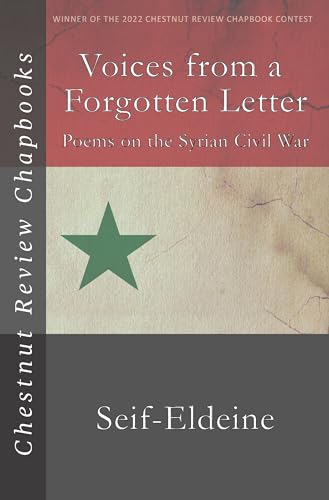This special issue of Cognitive Science honors the research and mentorship contributions of Dr. John R. Anderson, the 2004 David E. Rumelhart Prize recipient whose research has provided the field of cognitive psychology with comprehensive and integrative theories, and has had a practical impact on educational practice in the classroom and on student achievement in learning mathematics. The David E. Rumelhart Prize is awarded annually to an individual or collaborative team making a significant contemporary contribution to the formal analysis of human cognition. For three decades, Dr. Anderson has been engaged in a vigorous research program with the goal of developing a computational theory of mind. The diverse articles in this issue feature work by Dr. Anderson's students, colleagues, and collaborators, illustrating that it is possible to impact education with rigorous stimulation of human cognition.


